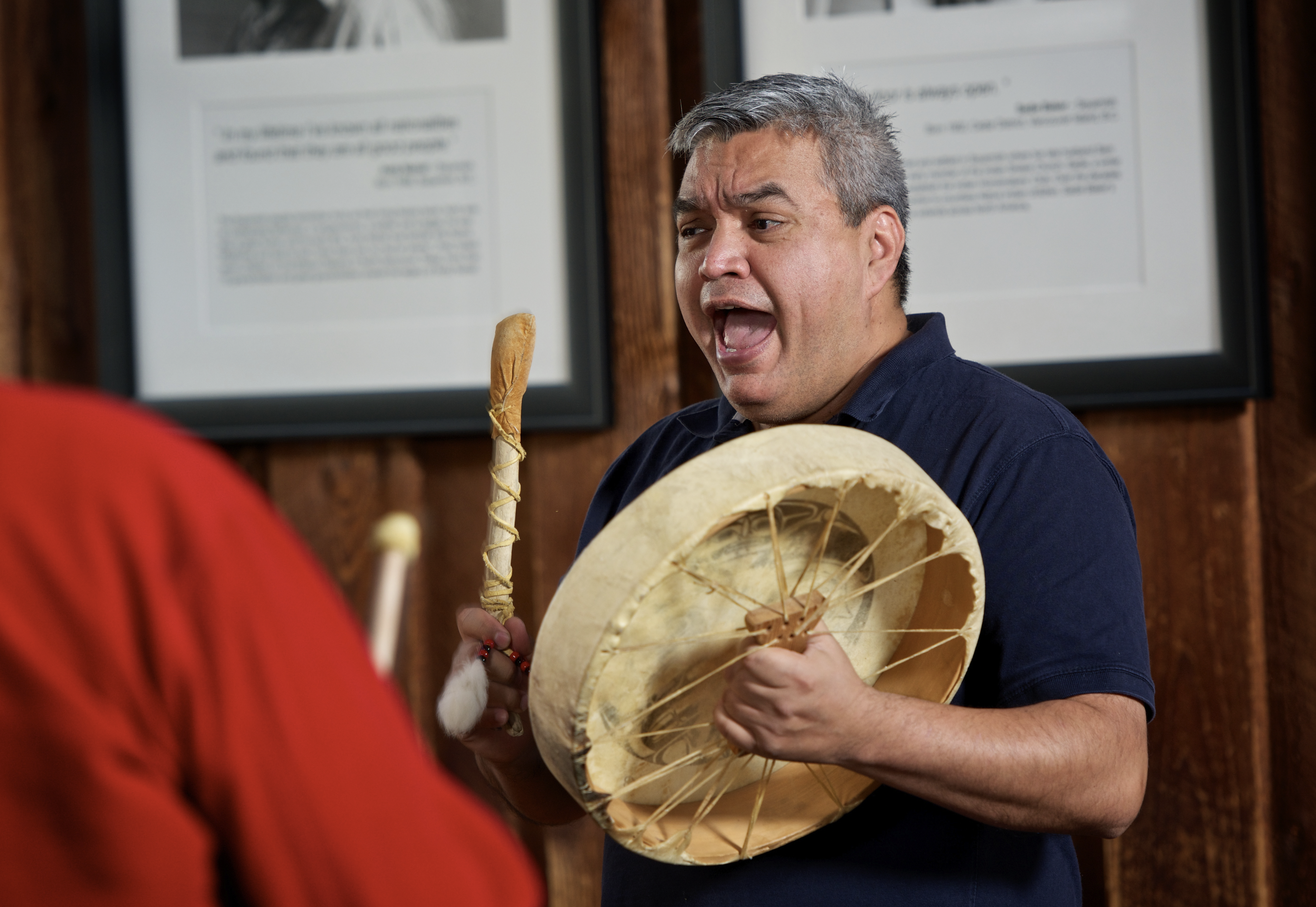Associate of arts Indigenous Studies
associate degree
The associate degree honours the cultural knowledge that students will bring into the classroom by focusing on the prevention of genocide and healing. Cultural awareness, truth-telling, and critical thinking are central learning outcomes. The program enhances academic skills by focusing on the multidisciplinary approach of Indigenous Studies, including knowledge discovery and dissemination through ceremony, arts, and relationships.
On Campus Delivery
Asynchronous Online Delivery
Asynchronous delivery means classes run more flexibly, with students accessing class materials during different hours and from other locations. However, coursework and assignments follow the same weekly schedule as the regular program. Course offerings are limited to the current academic semester offerings.
Intake:
Fall 2025
Admission Requirements
- Grade 12 Diploma or equivalent must be within 5 years
- Minimum "C" grade in English 12
- Minimum "C" grade in Math 11
Mature Student Status: (no available official transcript)
Accuplacer Scores:
- Reading Comprehension = 240
- Writing Comprehension = 240
- Grade 12 Diploma or equivalent
- Minimum "C" grade in English 12
- Minimum "C" grade in Math 11
- Mature Student Status: (if no official transcript available )
Accuplacer Scores:
- Reading Comprehension = 240
Writing Comprehension = 240
The tuition and fee schedule is based on a per-year structure. This degree program consists of two years of study.
| Tuition: | $5, 950.00 |
| Registration: | $75.00 |
| Graduation: | $30.00 |
| Student Association: | $30.00 |
| Student Record and Student Card Fee: | $15.00 |
| Transportation – Upass (N/A Online) | $460.00 |
| *Books & Supplies | TBD based on selection of electives. |
| *Laptop (w/tax - optional) | $1,050.00 |
| TOTAL per year of study | $6,560.00 |
| TOTAL (with laptop & backpack) per year of study | $7,610.00 |
Career Path
Potential areas of employment for graduates in Indigenous Studies include public administration, industry liaison, entrepreneurship and community agencies. Areas of general employment for holders of an Associate of Arts Degree are entry-level and supervisory positions across many industries.
Graduates will thrive in positions that require the combination of critical analysis, composition and intercultural communication, such as advocacy, policy, government services, community services, human resources, arts and heritage and communications. Potential areas of further education are Indigenous studies, law, anthropology, history, sociology, economics, linguistics, geography, political science, journalism, education, social work, literature, medicine and environmental studies.
Graduates would be prepared for interdisciplinary fields such as global affairs, community development, policy analysis, adult education and health administration.

Get financial Aid
scholarships may be available for qualified Indigenous Peoples, Canadian citizens and permanent residents.
Gain real experience
Working with Indigenous and non-Indigenous agencies and knowing how to make valuable use of concepts of interconnectedness and relationality in Indigenous worldviews and diverse human cultures.
Prepare Yourself For A Successful Career With The Associate Degree in Indigenous Studies.
Learning Outcomes
Upon completion of the Associate of Arts Degree in Indigenous Studies, the learner will able to:
Describe the role of community histories, identities and relationships in community building.
Develop their experiential knowledge in relationship to specific Indigenous lands and Peoples.
Use the concepts of interconnectedness and relationality in Indigenous worldview and diverse human cultures.
Use stories, dances, songs, oration and ceremonies as important sources of knowledge and methods of knowledge transmission.
Use knowledge of Indigenous issues, Indigenous cultural frames of reference, and alternate perspectives to think critically and solve problems.
Communicate and engage with people in Indigenous language communities in authenticating Indigenous knowledge.
Course Descriptions
This is a two year program of study, consisting of fall and winter terms. Upon completion, successful graduates will have attained 60 credits, transferable to receiving universities and colleges.
Year One:
Course No | Course Name | Hours | Credits |
Semester 1 Eng 110 INST 100 INST 101 TBD TBD
| October 21, 2024- February 14, 2025 (14weeks) Introduction to College Writing Indigenous Experience Indigenous Nations Arts Elective Arts Elective |
45 45 45 45 45 |
3 3 3 3 3 |
Semester 2 INST 110 INST 120 TBD TBD TBD | Term 2 – February 17 – May 23, 2025 (14weeks) Introduction to Indigenous Studies Indigenous Relations Arts Elective Arts Elective Elective |
45 45 45 45 45 |
3 3 3 3 3
|
Year Two:
Course No | Course Name | Hours | Credits |
Semester 1 INST 200 ENGL 210 TBD TBD TBD
| September 8 – December 19, 2025 Statistics for Indigenous Studies Academic Writing and Research Social Science Elective Arts Elective Arts Elective
|
45 45 45 45 45 |
3 3 3 3 3 |
Semester 2 INST 240 INST 250 TBD TBD TBD | January 5 – April 10, 2026 Indigenous Expressions Indigenous Ecology Science Elective Arts Elective Elective |
45 45 45 45 45 |
3 3 3 3 3 |
